A UNYQ Idea
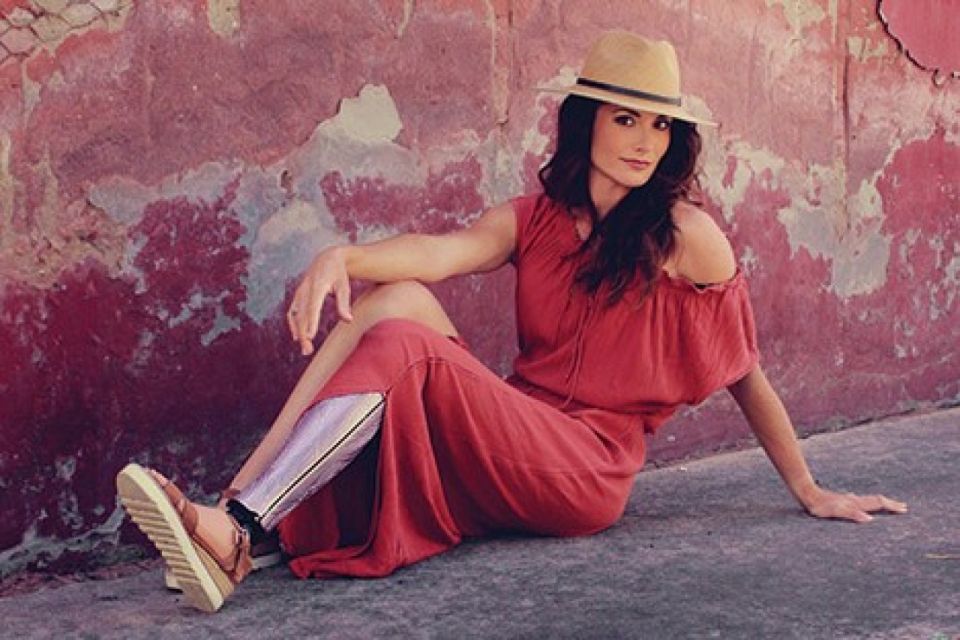
With passion and pride, Eythor Bender is on a mission to tear down the walls of stigma that accompanies amputation. His San Francisco-headquartered company uses 3-D printing technology to promote prosthetic fashion. That company is UNYQ.
With its production team in Spain, with its own printing plant, the industry-leading company is global. UNYQ creates prosthetic covers for upper and lower limb amputees, customized products made in mass quantities. Its products are, at the same time, aesthetically beautiful and practical and functional, produced with an intent to help heal and reflect individuality. In other words, UNYQ is about body image. Thrive publisher Jeff Tiessen had the opportunity to chat with co-founder Eythor Bender from his home in Spain about the company, its customers and the man behind the mission.
"I think it’s important to show what you really are. I really want to be free and feel comfortable. When you are hiding something, you’re not free.” – a UNYQer
thrive: In reading other interviews about UNYQ, it’s clear that your product is about more than the plastic that your designs are printed on so to speak.
Eythor: Absolutely. The product changes conversations. It’s about confidence. We consider the product to be a fashion item. Prosthetic function is important of course, and there are companies producing very good prosthetic devices. We’re not about getting people to walk or run. We look more to body image as our mission. The conversation changes from being about what happened to you, to who you are. So, it’s about using 3-D printing and imaging technology to create a product around the person and who they want to be.
thrive: How did the product idea come about?
Eythor: My co-founder was Manuel Bosa Hernandez. He’s an amputee and came up with the idea of focusing on body image and prosthetic covers. But he was too early. The technology was still underdeveloped and too expensive. In 2014 we teamed up to form UNYQ. That was the pivot point when the technology became less expensive and we secured the IP. Both Manuel and myself worked for Össur previously. We knew that although many were walking again, sometimes something was still missing. Some still hide from being an amputee. The ability to be more expressive with our product seems to help people with their identity and image of themselves.
thrive: How much influence do consumers have on the product?
Eythor: UNYQ is all about the community. We not only launched a product but we launched a forum for the amputee community to talk about fashion and technology and how it impacts them. We rely heavily on UNYQers to influence our product. We get feedback for future designs. Through social media we connect with them around the world. It’s something we take very seriously.
Eythor: Absolutely. The product changes conversations. It’s about confidence. We consider the product to be a fashion item. Prosthetic function is important of course, and there are companies producing very good prosthetic devices. We’re not about getting people to walk or run. We look more to body image as our mission. The conversation changes from being about what happened to you, to who you are. So, it’s about using 3-D printing and imaging technology to create a product around the person and who they want to be.
thrive: How did the product idea come about?
Eythor: My co-founder was Manuel Bosa Hernandez. He’s an amputee and came up with the idea of focusing on body image and prosthetic covers. But he was too early. The technology was still underdeveloped and too expensive. In 2014 we teamed up to form UNYQ. That was the pivot point when the technology became less expensive and we secured the IP. Both Manuel and myself worked for Össur previously. We knew that although many were walking again, sometimes something was still missing. Some still hide from being an amputee. The ability to be more expressive with our product seems to help people with their identity and image of themselves.
thrive: How much influence do consumers have on the product?
Eythor: UNYQ is all about the community. We not only launched a product but we launched a forum for the amputee community to talk about fashion and technology and how it impacts them. We rely heavily on UNYQers to influence our product. We get feedback for future designs. Through social media we connect with them around the world. It’s something we take very seriously.
"And that’s where body image becomes so important. Our product encourages people to use their prosthetic devices."
thrive: For amputees who want one… how do they get a UNYQ cover?
Eythor: We work with over 450 clinics around the world. We have a clinic locator. We have an on-boarding system through an app where your measurements and photos are uploaded and where you select your design. The app leads you through the whole process. Pick your design. Pick your colour. The combination of colours and designs creates quite a few options. Every year we’re introducing new designs. Anyone can download the app for free. Three to four weeks later your product is shipped.
thrive: Let’s talk about you for a moment. What was your path to UNYQ?
Eythor: I am not an amputee but don’t hold that against me. My background in prosthetics comes from my work with Össur. I think I was employee number 35. I was head of marketing and sales, working to expand the company globally. My 13 years with Össur was a wonderful journey. I then ran two companies involved in exo bionics – exo skeleton technology – and from there, in 2014, I started my own company which is UNYQ.
thrive: You went from very sophisticated technology to something that might be considered more simplistic.
Eythor: The product itself is simple but the technology behind it that people don’t see is quite sophisticated. It’s a new generation of technology creating custom products for the user… and doing it on a mass scale. Bionic technology is fascinating but unaffordable for many. And that frustrates me. It’s almost like teasing the amputee community. What I learned in prosthetics and in my exo skeleton work is that as much as these products can help you walk again, you have to want to wear it. And that’s where body image becomes so important. Our product encourages people to use their prosthetic devices. I like to take things to the next level and it doesn’t have to just be the next level of technology. It can be the next level of how we look at things.
thrive: We’ve seen that as much as there is a push for new technologies, there also can be resistance within the industry. How have you been received as the “new kid on the block”?
Eythor: Change is difficult. It’s exciting to introduce new technologies but it always comes with challenges, especially in the medical field. Reimbursement presents a roadblock, but so do people’s perceptions. We’ve found that once people see the product, and feel it, they’re impressed and resistance is overcome quite quickly. It’s the experience, which is much better than just seeing the product in pictures.
thrive: At the end of the day, what constitutes a good day at work for you?
Eythor: Spending time with our customers. Getting feedback, hearing their feelings. Learning how we can improve. Last year we launched a new category of covers, with some new materials, and we got very positive feedback on how we’ve improved things. That’s where I get my most joy. Much better than the paperwork!
Eythor: We work with over 450 clinics around the world. We have a clinic locator. We have an on-boarding system through an app where your measurements and photos are uploaded and where you select your design. The app leads you through the whole process. Pick your design. Pick your colour. The combination of colours and designs creates quite a few options. Every year we’re introducing new designs. Anyone can download the app for free. Three to four weeks later your product is shipped.
thrive: Let’s talk about you for a moment. What was your path to UNYQ?
Eythor: I am not an amputee but don’t hold that against me. My background in prosthetics comes from my work with Össur. I think I was employee number 35. I was head of marketing and sales, working to expand the company globally. My 13 years with Össur was a wonderful journey. I then ran two companies involved in exo bionics – exo skeleton technology – and from there, in 2014, I started my own company which is UNYQ.
thrive: You went from very sophisticated technology to something that might be considered more simplistic.
Eythor: The product itself is simple but the technology behind it that people don’t see is quite sophisticated. It’s a new generation of technology creating custom products for the user… and doing it on a mass scale. Bionic technology is fascinating but unaffordable for many. And that frustrates me. It’s almost like teasing the amputee community. What I learned in prosthetics and in my exo skeleton work is that as much as these products can help you walk again, you have to want to wear it. And that’s where body image becomes so important. Our product encourages people to use their prosthetic devices. I like to take things to the next level and it doesn’t have to just be the next level of technology. It can be the next level of how we look at things.
thrive: We’ve seen that as much as there is a push for new technologies, there also can be resistance within the industry. How have you been received as the “new kid on the block”?
Eythor: Change is difficult. It’s exciting to introduce new technologies but it always comes with challenges, especially in the medical field. Reimbursement presents a roadblock, but so do people’s perceptions. We’ve found that once people see the product, and feel it, they’re impressed and resistance is overcome quite quickly. It’s the experience, which is much better than just seeing the product in pictures.
thrive: At the end of the day, what constitutes a good day at work for you?
Eythor: Spending time with our customers. Getting feedback, hearing their feelings. Learning how we can improve. Last year we launched a new category of covers, with some new materials, and we got very positive feedback on how we’ve improved things. That’s where I get my most joy. Much better than the paperwork!

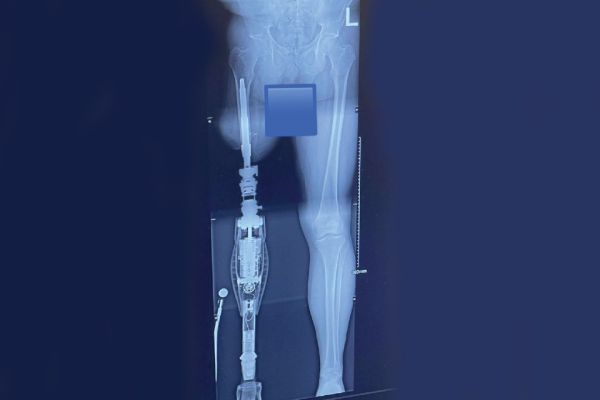
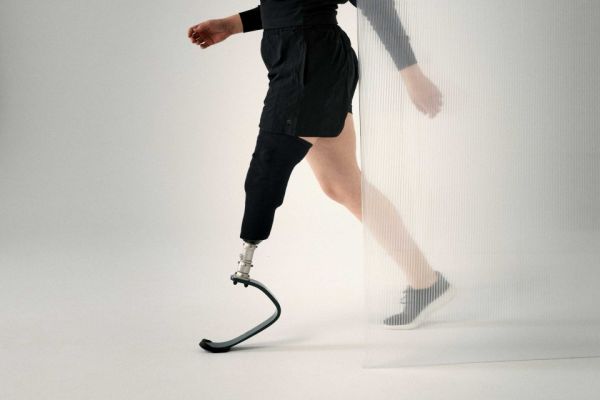
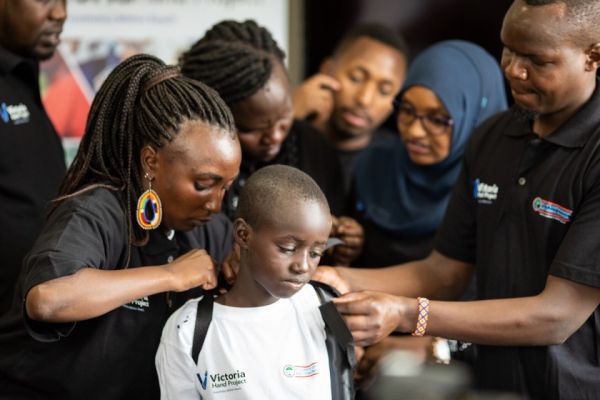
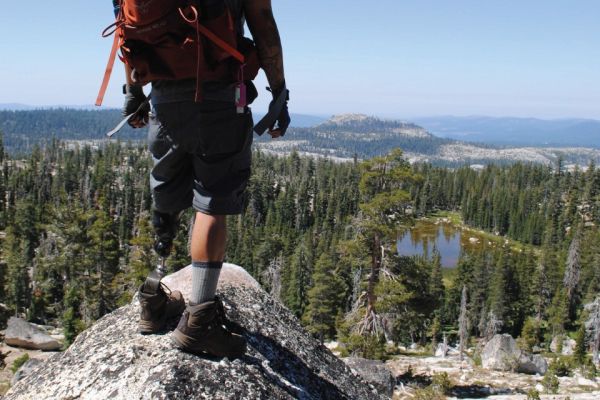
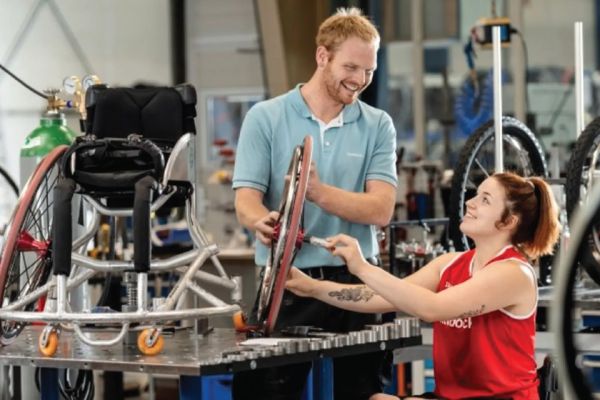
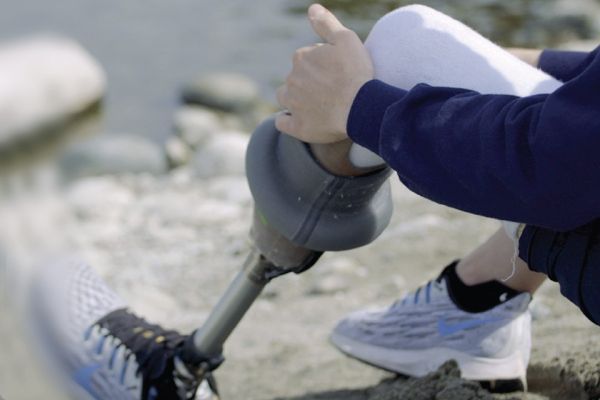

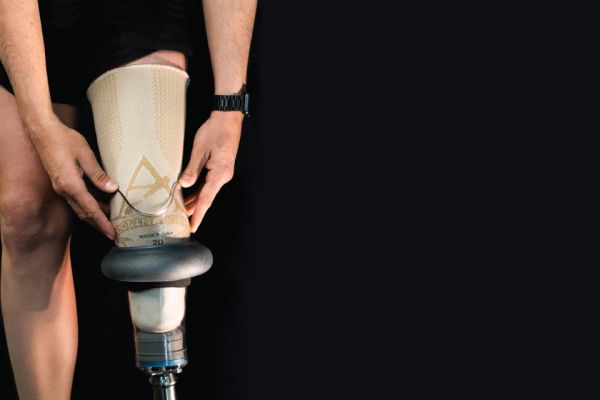
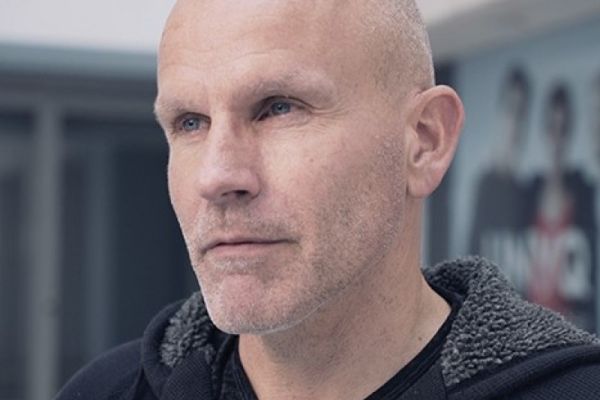

 How to resolve AdBlock issue?
How to resolve AdBlock issue?